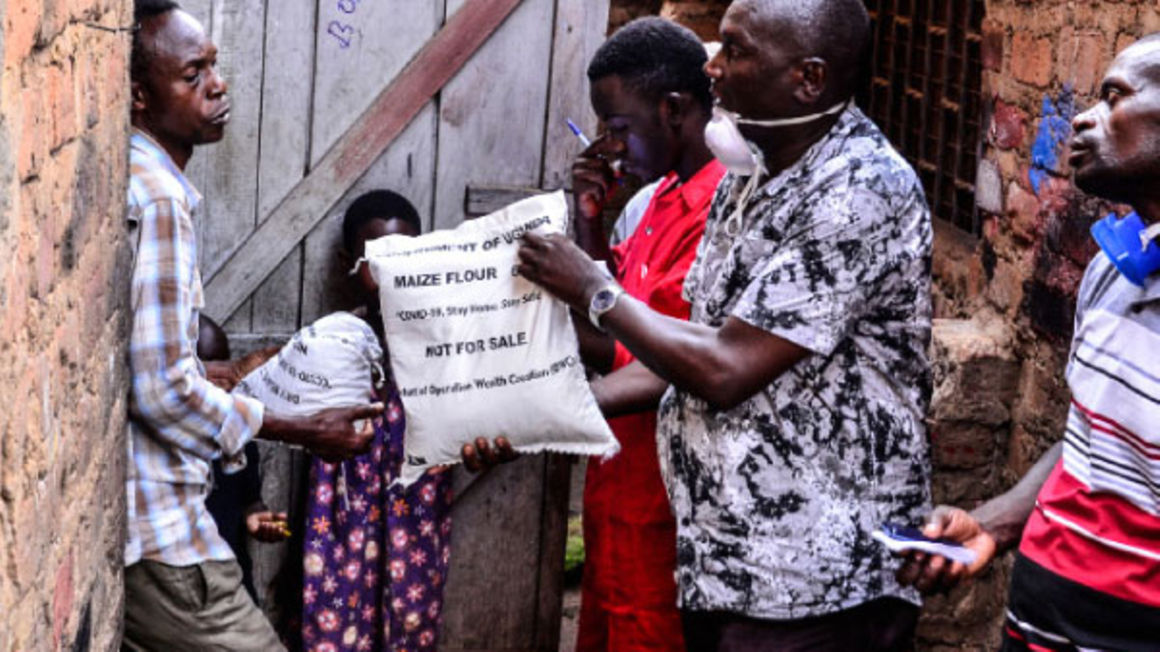Will proposed parish model deliver desired results?

What you need to know:
- Government’s priority on promoting production and consumption of local products to improve domestic tax is good.
- According to a FinScope survey Report of 2018, the biggest challenge for Uganda lies in accessing its largely rural population (76 per cent of adults live in rural areas, compared to, for example, 66 per cent in Tanzania).
In the wake of a new proposal by Ministry of Finance to pilot a parish model for communities as a vehicle for financial access, communities remain stuck between a hard rock and nursing trauma from the past failed approaches to financial access.
Will the parish model deliver Ugandans to full potential financial access?
Has a full diagnosis of the Entadikwa fund, Youth Livelihood Fund, Bonabagagawale, the rise and fall of the Uganda Cooperative Bank and now the emyooga Fund been welldone to guide the Ministry of Finance on the next steps?
The answer to appropriate and self-help centred financial services access is purely found with deliberate government policy to revive cooperatives in Uganda, providing a conducive economic growth environment for cooperatives, while the struggling community saving groups and surviving agricultural cooperatives brave odds to become bankable.
The parish model is a replica of the ujama villages initiative by Tanzania’s Julius Nyerere while the mayumba tano model was piloted by NRM and conceptualised from the idea of working in collectives for community social economic transformation.
According to a FinScope survey Report of 2018, the biggest challenge for Uganda lies in accessing its largely rural population (76 per cent of adults live in rural areas, compared to, for example, 66 per cent in Tanzania). Given the high cost of providing financial services to rural areas, financial service providers (banks included) lack an incentive to do so. This means that only seven per cent of rural Ugandans are ‘banked’, compared to 24 per cent of those residing in urban areas.
Government’s priority on promoting production and consumption of local products to improve domestic tax is good. It promotes efforts towards making the 65 per cent of Ugandans who are not yet in the cash economy appreciate their transition toward being bankable.
Efforts by various civil society Organisations to spur financial literacy are welcome too. The parish model approach to better households incomes across the country calls for a comprehensive study.
Alfred Kusiima, Rural Finance Consultant




